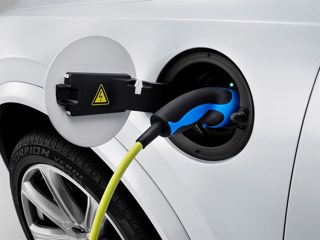By Ashley Barnett, head of fleet consultancy at Lex Autolease
It’s worth keeping in mind that the HMRC benefit-in-kind (BIK) statistics we have are always more than 12 months out of date, so we’re currently looking at data ending March 2021.
It’s unlikely that the results would be skewed by voluntary payroll reporting, as this has been in place for a number of years, or as a result of supply issues, which weren’t a major issue at the time.
Some of the decline may have been caused by the impact of Covid and resulting change in use of cars, for example, as more employees become home-based.
However, it’s more likely that the decline has continued from the introduction of optional remuneration and rising tax values for internal combustion engine (ICE) vehicles which, for many, have made company cars a less favourable option and led to some motorists opting for privately leased or used vehicles instead.
It’s also no coincidence that we’ve seen an increase in electric vehicle (EV) registrations during this same period – a time when benefit-in-kind tax was 0%. These vehicles now account for 7% of company car benefit recipients.
It’s evident the impressive uptake of EVs has been achieved, at least in part, because of the benefits of a company car tax system.
Existing BIK tax rates expire in April 2025. Given the long lead times for EVs, a car ordered today on a four-year lease may not arrive until autumn 2023 – just 18 months before the tax rate ends.
We would like to see long-term certainty and rates that encourage people to switch to EVs, to avoid progress stalling.
The lack of certainty on tax rates, coupled with delays in vehicle supply, means that operators taking out a contract today will only know how much the BIK taxation element will be for the next two years – roughly 50% of the contract duration for which the BIK tax element of the wholelife cost (WLC) remains unknown.
In this vein, it’s important that policymakers focus on enabling cost parity between EV and ICE vehicles by continued use of the tax system, should they choose to make the long-awaited announcement on company car tax rates this autumn.
Recent cuts to the plug-in car grant, as well as vehicle shortages driving up prices and causing manufacturers to cut discounts, means the gap has widened once more.
Any move to double digit taxation rates would send the wrong message to fleets and car manufacturers alike, stalling adoption and putting the brakes on the progress that has been made.
























Login to comment
Comments
No comments have been made yet.